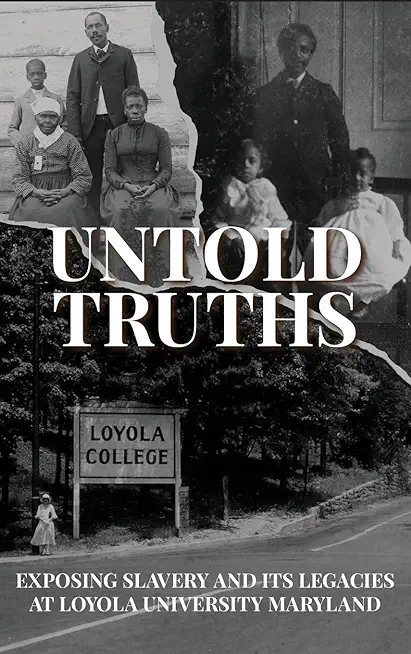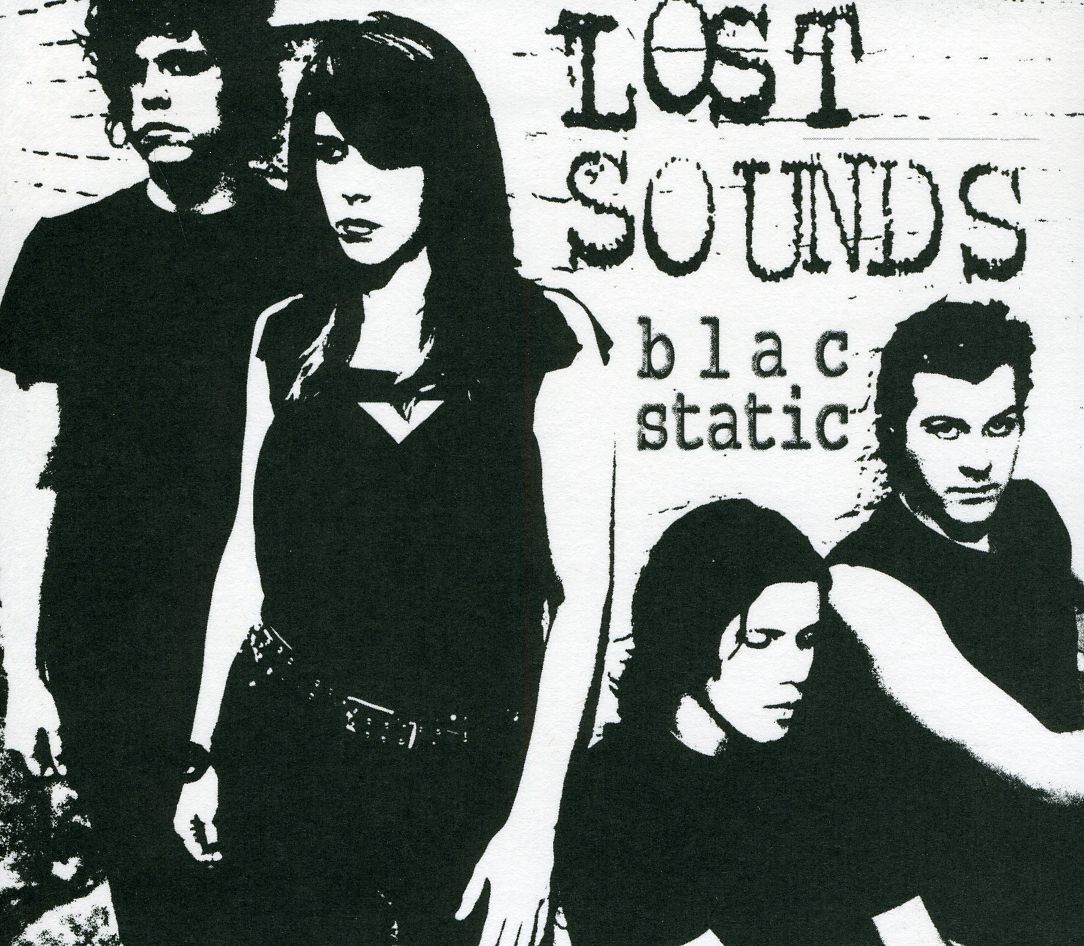
Loyola University Maryland
product information
description
er scholars, students, staff, and descendants to explore Loyola University Maryland's historical connections to slavery, Jim Crow, and racial injustice. They do so through a variety of forms, including historical narratives, analysis of newly uncovered archival sources, and creative works inspired by this history. Privileging the voices of descendants of the men, women, and children Jesuits enslaved and sold, this collection of essays explores Loyola's connections to slavery and its ongoing reverberations for the university and all those connected to it. This diverse and rich volume contributes to ongoing efforts to gain a fuller understanding of Loyola's past in hopes of finding pathways towards racial justice and inclusion on its campus-and on all campuses that seek to address historical injustices.
member goods
No member items were found under this heading.
listens & views

GREAT BRITISH ROCK N ROLL ...
by GREAT BRITISH ROCK N ROLL / VARIOUS (UK)
COMPACT DISCout of stock
$11.99
Return Policy
All sales are final
Shipping
No special shipping considerations available.
Shipping fees determined at checkout.






